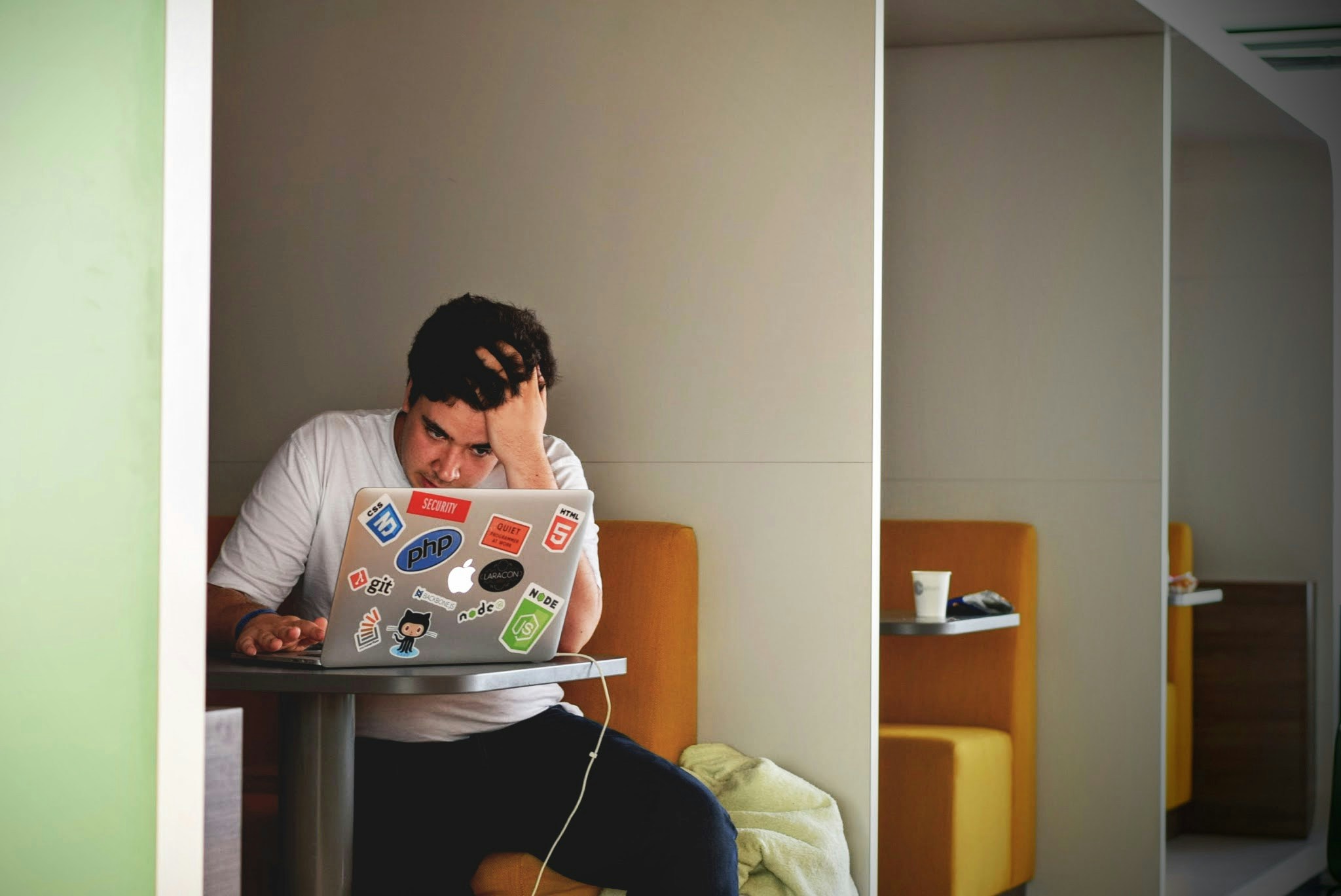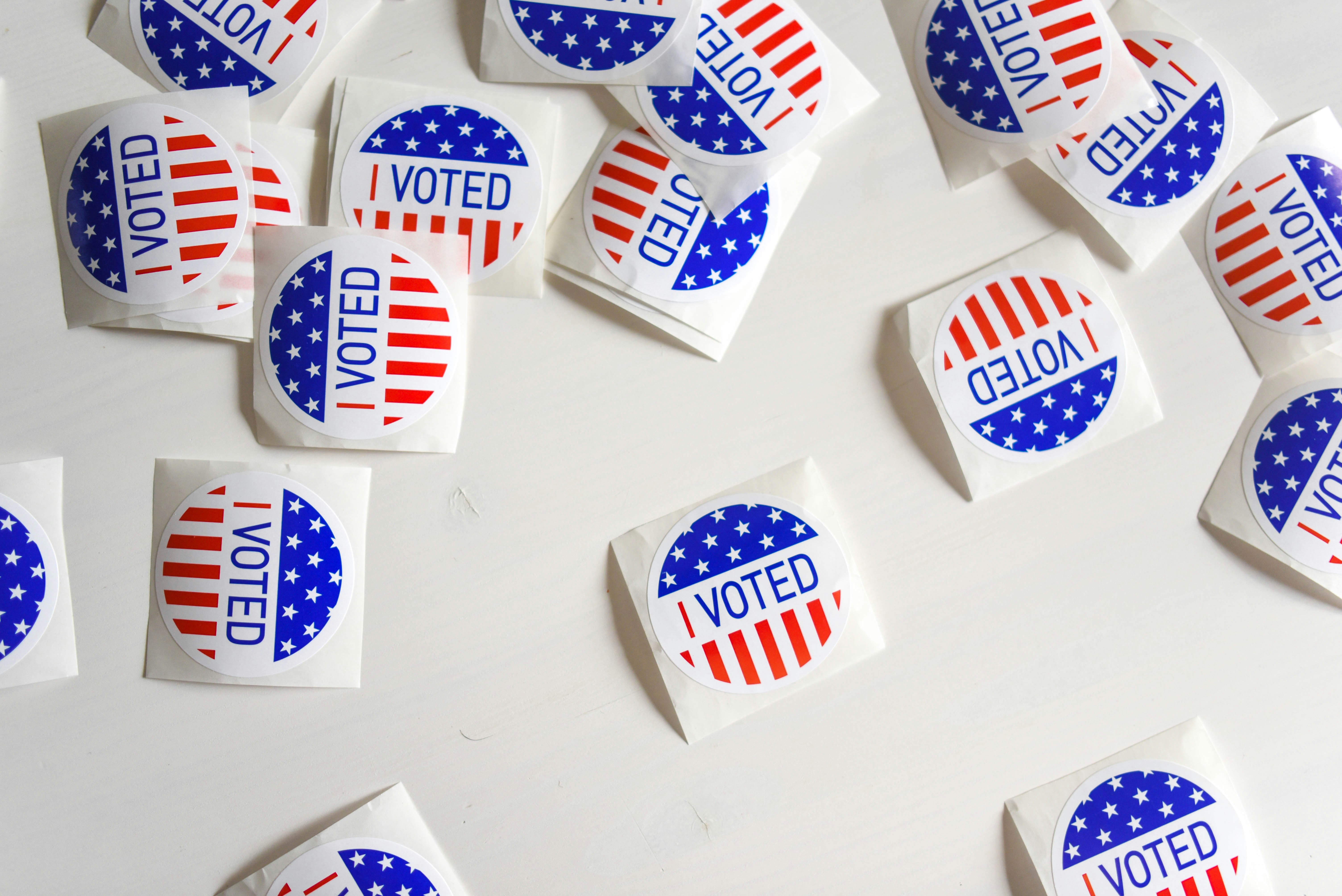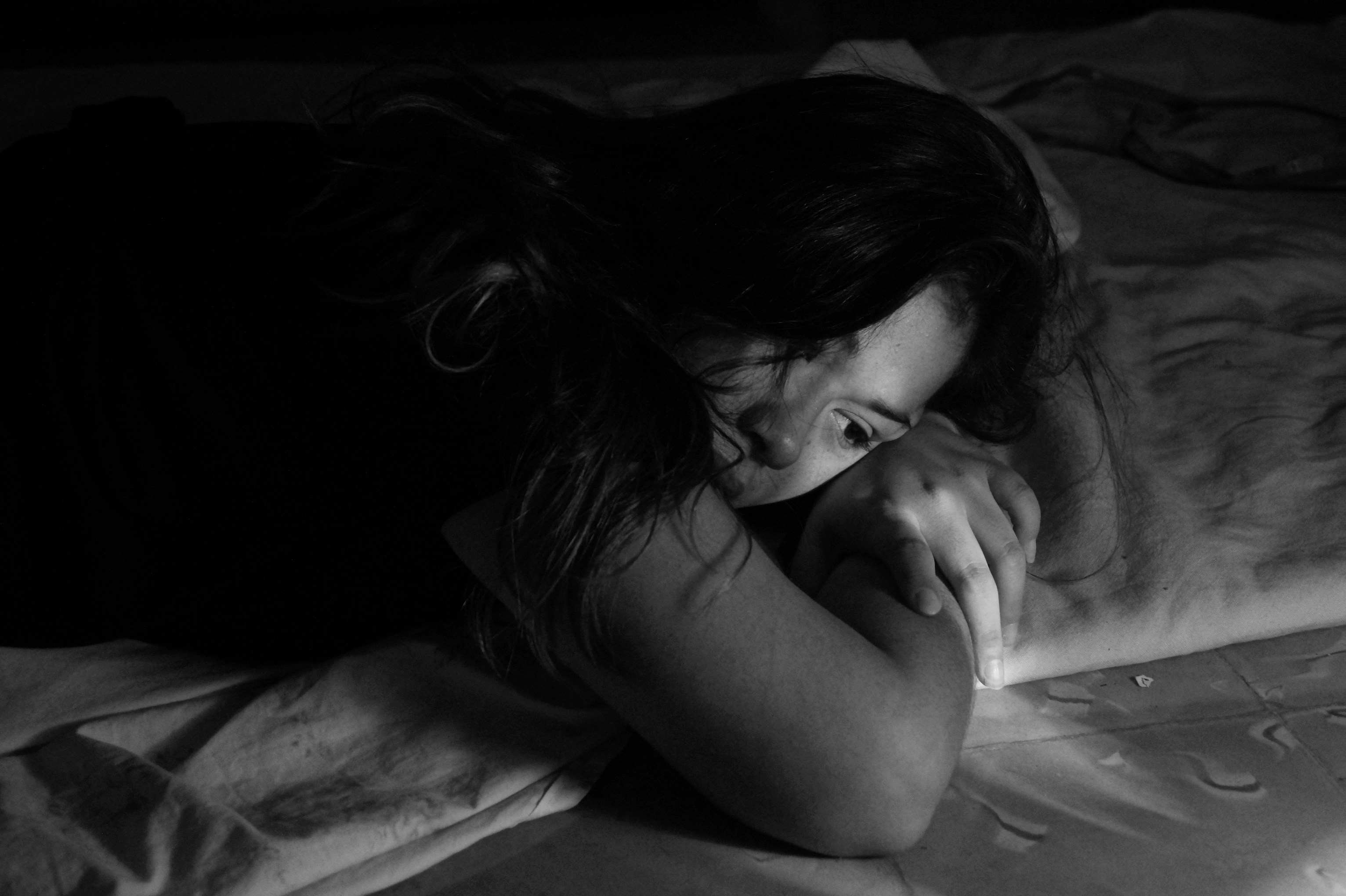There is no question that 2020 has been a tumultuous year. Even with no personal issues to contend with, nearly everyone you’ve encountered over the past twelve months has been dealing with distress, be it on a global or local level. From medical fears to stock market drops, the year has brought one challenge after another. For many people, this constant state of anxiety and uncertainty has led to another medical concern: symptoms of depression.
Medical Concerns

With the COVID-19 pandemic continuing to make headlines, it’s no surprise that medical concerns are a top trigger for depression symptoms in 2020. On a global scale, people are worried about contracting the virus, having their loved ones test positive, or how they’ll seek care for other issues amidst the crisis. But the fear of diagnosis isn’t the only cause for concern when it comes to health in the past year. Medical costs, particularly in America, are extensive. From affording your copay to awaiting your total at the pharmacy checkout, healthcare costs are a stressor that can literally be a matter of life or death.
While it can’t remedy more systemic issues associated with healthcare costs, RX discount coupons can help you get the lowest price on medicine and dread your trip to the pharmacy a little less. Before you visit your pharmacist, spend some time browsing the available coupons for whatever medicine has been prescribed to you. You’ll find that plenty of local pharmacies and chains like Walmart and Walgreens will accept a coupon or discount card for popular medications, making sure you’ll pay less than the retail price whenever you head to the pharmacy.
Financial Stress

Pharmacy and medical costs haven’t been the only financial stressor to hit many people through 2020. In the United States alone, a crashing stock market, surging unemployment rate, and lacking government intervention have come together to form a recession that could distress anyone. Whether you watched as your net worth and portfolio sank or you struggled to afford essentials as grocery store shelves were wiped clean and medical costs rose, this year has been enough of a financial roller coaster to arouse symptoms of depression in anyone.
If you’re hoping to regain some financial security in the new year, an alternative investing platform like Yieldstreet can help. After your initial minimum investment, you’ll find high yields and ease of use go hand-in-hand with this investment opportunity, even if you’re new to the stock market. Whether you’re starting with one of the asset classes in the Yieldstreet Prism Fund or diving in with single asset offerings, you’ll find that Yieldstreet complaints are few and far between—and your annual return might help ease some of the depression symptoms caused by financial concerns.
Political Strife

In the U.S. and abroad, politics have been at the forefront of 2020’s news cycle. From the divisive presidential election in the United States to global leaders’ handling of the COVID-19 pandemic, protests against inequality and police violence, and the ever-lurking climate change crisis, people around the world have watched headlines and debated popular issues over the dinner table.
While citizens can’t single-handedly revolutionize international relations and eliminate the stress of political uncertainty, they can take steps to make a difference, however small they might seem. Participating in demonstrations to support causes you believe in, donating to or volunteering with organizations making change, signing petitions, and sharing information to raise awareness are all steps you can take to feel a bit more in-control amongst a convulsive political climate.
Changes in Routine

For those who thrive on routine, 2020 has been a direct line to depression symptoms and other distress. Daily commutes became a relic of the past for many workers while trips to the gym and weekly brunch dates or girls’ nights out faded into memories. People working from home found that the ritual of getting up and getting ready for the day fell to the wayside while those facing joblessness were faced with a loss of their former routine almost entirely. Even something as simple as going to a doctor’s appointment was a changed process.
While you can’t simply return to your former routines in most cases, you can work to create new ones. Give yourself a pseudo-commute by taking a walk around the block before signing into work. Sign up for a virtual class or schedule a non-negotiable home workout for yourself in place of your daily trip to the gym. Enjoy a warm cup of coffee in your favorite cozy spot after work each day. By regaining a sense of routine, however minor, you’ll decrease the sense of uncertainty that triggers many symptoms of depression.
Isolation

Even if you’ve been isolating with a group of people, it’s hard been hard not to get a bit lonely throughout 2020. Holidays and events have passed without the pomp and circumstance you’ve been accustomed to. When you do see friends or loved ones, it’s from six feet apart and behind a mask, or through a screen. If you’ve been quarantined alone, you’re left with even less of a sense of connection.
While it doesn’t replicate face-to-face interactions perfectly, virtual gatherings can make a difference in your feelings of isolation or loneliness. Set up Zoom drinks with your friends or register for an online event—with so many people isolated, there’s no shortage of interesting experiences to attend, from poetry readings to trivia nights.
Grief

For those who’ve lost loved ones to COVID-19 or due to other causes, 2020 has been a uniquely grief-laden year. Losing a friend or family member over the past year has been accentuated by isolation—funeral attendance is limited or virtual and many don’t get the chance to say goodbye. But death isn’t the only cause of grief that’s littered 2020. People are grieving on an international level: thinking of those who’ve been lost, the events that would have been, and the idea of their future that, for many, has been snatched away by furloughs or illness.
Whether you’re one of the many people dealing with depression from grief or other 2020 triggers, take the time you need to grieve your losses. As much as possible, try to preserve grieving rituals and seek out support from family members, friends, or support groups. If you’re dealing with especially negative feelings, consider talking to a therapist or psychiatrist to work through your feelings.
Whichever of 2020’s challenges triggered your mental health concerns, there is one piece of good news: seeking help from therapists for depression or other conditions has never been easier. Amidst the chaos, this year has also seen a rise in teletherapy and other forms of virtual medicine, making cognitive behavioral therapy and other treatments more accessible—and affordable—than ever before. If you’ve faced loss, loneliness, or other hardships in the past year, finding a good therapist is the first step to feeling better in the new year.
Whatever sorts of grief, medical or financial concerns, or other stressors 2020 has brought you, it might bring you some comfort to know that you aren’t the only one dealing with depression symptoms or more general despair. Perhaps the most reassuring aspect, though, is this: like every calendar year that’s come before, 2020 will come to an end.
